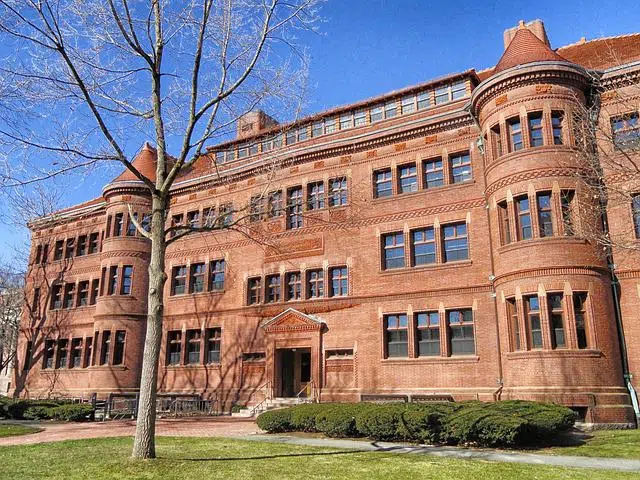
Universities are usually divided into faculties.
From the Latin facultas , faculty is the power , right , aptitude or ability to do something. For example: "The team has the power to change the story in the next games" , "The manager does not have the necessary power to develop the new business plan" .
On the other hand, a faculty is a subdivision of a university that corresponds to a certain branch of knowledge. The faculty teaches a specific career or several related careers. The set of faculties make up the entire university.
Faculty model
The faculties model arose from the old University of Paris , which had four faculties: Medicine , Law , Theology and Arts . Currently, students can graduate from a faculty with an Engineer 's, Bachelor's or Doctor's degree.
The University of Buenos Aires (UBA) , to mention one case, has the following faculties: Economic Sciences ; Right ; Social Sciences ; Psychology ; Medicine ; Architecture, Design and Urban Planning ; Exact and Natural Sciences ; Veterinary Sciences ; Pharmacy and Biochemistry ; Philosophy and Letters ; Agronomy ; and Dentistry . All these faculties make up the institution known as UBA .
Distance education
Currently, many study centers have distance education plans, which allow training over the Internet . In this way, students do not need to go to the faculty to attend class, but rather take the lessons at home and connect with teachers via chat or other digital means.
Distance learning programs, however, usually require some type of in-person exam before the degree is awarded.

The Greek philosopher Plato reflected on the faculties of the human being.
Faculty as capacity
Another way to understand this concept is by referring to the capacity or potential that someone has to perform a certain action . This concept may be related to the previous one, because within an institution the department qualified to teach on a particular topic is called a faculty.
It should be noted that within psychology the term mental faculty existed for many years, which referred to the ability of a brain to gather information, carry out reasoning and establish conclusions ; In any case, it is a concept that is no longer used because those who consolidated it established differences between the capacity for reasoning ( higher mental faculties ) and that of emotions ( faculties of the soul ) and today it is considered that both actions are not compatible. They can separate absolutely.
Plato's view
Plato, one of the fathers of ancient philosophy , considered that faculties such as intelligence , sensitivity and will were those that every human being should have in order to develop adequate knowledge of their environment and know how to react to the various problems that they face. could arise. In this way, the will was that faculty that allowed one to desire something and act accordingly in order to achieve it.
Regarding this topic, there has always been great controversy, since dividing human behavior into different states and faculties is not easy. Nowadays, with the rise of modern psychology, the analysis of faculties is understood as behavior, where in each individual it can vary according to their experiences and we cannot speak of an innate capacity, but closely linked to the history of the individual.
It is worth mentioning that behavior is what is observed about a person, their way of interacting with the environment and perceiving what happens to them; Basically, the concept is not so different because it expresses that every living being tries to know and satisfy its basic needs through various methods, just as it was considered in the principles of Greek philosophy .
There is also another faculty known as organoleptic sensitivity and it is what helps us distinguish our needs and bodily sensations; knowing when we are hot or cold, if we feel hungry or want something in particular.
